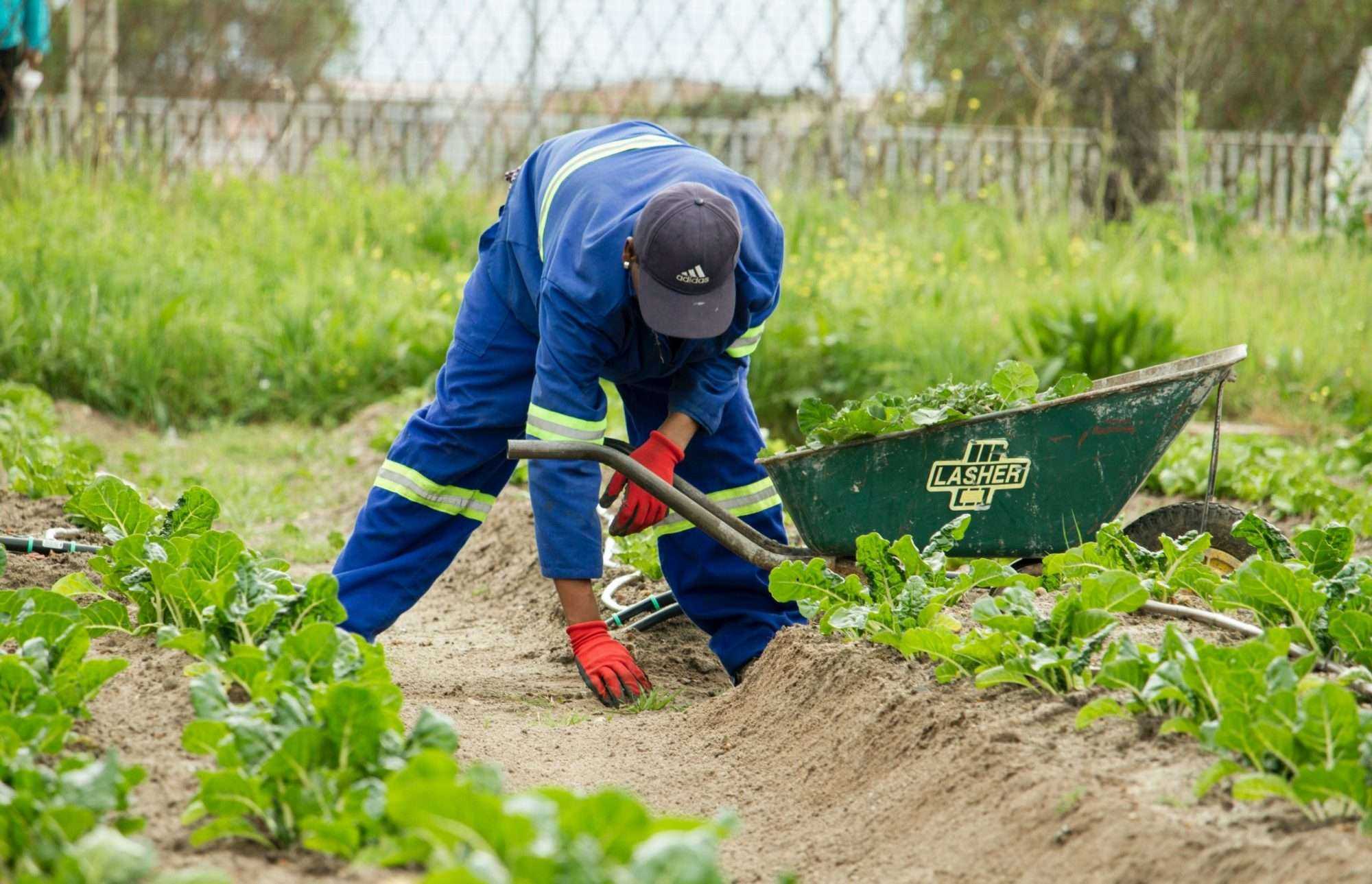on
BY SIMONE J. SMITH
On August 11th, 2022, I received an email from the Jamaican Migrant workers living in Niagara-on-the-Lake, working at Kai Wiens Family Farm and Tregunno Fruit Farms.
The email was emotional, and they asked for me to write this article and notify the Jamaican Minister of Labour the Honourable Karl Samuda that they are a group of Jamaican workers and members of Migrant Workers Alliance for Change, employed under the Seasonal Agricultural Workers Program (SAWP) at these two farms. They have worked at these farms for at least three seasons. They know the truth about these farms that will be hidden from the Minister.
They wish they could say these words to the Minister directly but they are afraid that if they do, they will be kicked out of the program and will not be able to come back and earn the money they need to care for their families. They do not stand alone but are united with Mexican and Filipino co-workers in calling for better living and working conditions.
The Jamaican Minister of Labour, Hon. Karl Samuda, visited two farms in Niagara-on-the-Lake, Ontario, Canada – Kai Wiens Family Farm and Tregunno Fruit Farms on Monday August 15th, 2022, and the workers have some information that the Minister must know.
“We are in a first world country but at both these farms, rats are eating our food. We do not have clothes dryers so when it rains, we are forced to wear cold, wet clothing to work. We live in crowded rooms and have zero privacy. There are cameras around the houses, so it feels like we are in prison.
We also face bad working conditions. We are treated like mules and punished for not working fast enough. We are exposed to dangerous pesticides without proper protection. Our bosses are verbally abusive and swear at us. They physically intimidate us, destroy our personal property, and threaten to send us home. Last week, Kai Wiens took some workers away from agricultural duties to do landscaping just to make sure the farm looked pretty for the Minister’s visit. The workers then had to work extra to catch up with the harvest. We will not be paid overtime.
When we call our liaison officers for help, they do not respond to us or worse. They take the bosses’ side and put a red mark next to our name, so we are not hired back anywhere the next season. This fear is what stops us and our fellow migrant farm workers from speaking up for our rights as workers and as humans.”
As the Jamaican Minister of Labour, Minister Samuda is responsible for the well-being of migrant workers, they are asking him to do the following:
- Lobby the Canadian government to implement and enforce National Housing Standards; the standards currently used by the Jamaican Ministry of Labour liaison service to assess housing must be increased
- Protect workers by putting into place an anonymous system to report abusive employers that will not put our safety or jobs at risk. When they make a complaint, Jamaica must stand up and represent them
- Make it easier for workers to transfer to another farm, either during the season or before the beginning of each season
- Ensure greater job security and end the practice of blacklisting (banning workers from the program without chance to appeal or transfer)
- Remove the government agent deductions from workers’ pay (Section 5.4 in their contract). They are currently paying for services they are not receiving
- Increase accessibility of liaison officers, including more visits to the workplace and bunkhouses during the season
- Allow workers to represent themselves and their interests in SAWP contract negotiations
- Provide more education about the contracts workers sign, what their rights are in Canada, and support them to access and enforce their rights
- Call on the Canadian government to grant permanent resident status to all migrants on arrival, including seasonal farmworkers
According to the workers, the Seasonal Agricultural Workers Program (SAWP) is systematic slavery. Jamaicans have been coming for generations, our other Caribbean and Mexican co-workers have too, and there have been no significant changes. The SAWP is exploitation at a seismic level. Employers treat workers like they don’t have any feelings, like they are not human beings. They are not looking for charity; they are proud people and are only looking for dignity, respect, and fairness.
If Minister Samuda believes it is in Jamaica’s best interest to continue this program, it is imperative that the Jamaican government address these injustices and listen to their demands. Without changes many of these migrant workers will be forced to leave farms and look for better treatment and opportunities.
Join us by signing the petition at www.statusforall.ca Contact Migrant Workers Alliance for Change (info@migrantworkersalliance.org) for more.
Stay in the loop with exclusive news, stories, and insights—delivered straight to your inbox. No fluff, just real content that matters. Sign up today!
We, as humans are guaranteed certain things in life: stressors, taxes, bills and death are the first thoughts that pop to mind. It is not uncommon that many people find a hard time dealing with these daily life stressors, and at times will find themselves losing control over their lives. Simone Jennifer Smith’s great passion is using the gifts that have been given to her, to help educate her clients on how to live meaningful lives. The Hear to Help Team consists of powerfully motivated individuals, who like Simone, see that there is a need in this world; a need for real connection. As the founder and Director of Hear 2 Help, Simone leads a team that goes out into the community day to day, servicing families with their educational, legal and mental health needs.Her dedication shows in her Toronto Caribbean newspaper articles, and in her role as a host on the TCN TV Network.














Helen Kroeker
August 30, 2022 at 6:36 pm
Kai Wiens is not a nice man. I believe these workers’ complaints!